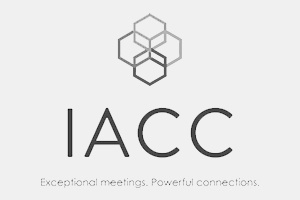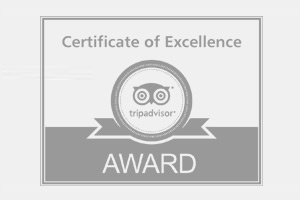Being an effective coach straddles a fine line between imparting knowledge and empowering team members. It’s something many of us need to do in our roles, even if our job title doesn’t include the word ‘coach’. Here are the top skills needed for effective coaching.
Coaching is an important leadership quality, and effective coaching marks a way of interacting with others that both teaches and inspires. Leaders, managers and dedicated trainers need to combine a crucial balance of skills to be an effective coach in their everyday roles.
Here are our top tips for effective coaching:
1. Listen
The number one way to get a positive reaction when coaching staff is to listen first. Understanding what colleagues need help with and what their personal development objectives are will help you tailor your coaching approach specifically to each individual. Your team will get exactly what they need out of it, and they’re likely to respond positively because they will feel listened to. This will also build mutual trust, which is useful in all aspects of the workplace.

2. Question and Converse
A key area of effective coaching is to encourage employees to reflect, analyse and explore their own thoughts. Asking open-ended questions that don’t simply have a ‘yes’ or ‘no’ answer is crucial to this. Sometimes asking questions and encouraging conversation can enable staff to find their own answers, which is empowering and confidence-boosting within itself. Questioning also helps you better understand your team members, demonstrates your interest in them and enables you to support them effectively.
3. Reflect
Build a relationship of trust by reflecting your understanding of what a team member has shared with you. Do so by paraphrasing and summarising what you’ve heard in your own words. Doing this will help you process a conversation and develop your own thoughts on how you can best coach them. Moreover, the individual will feel they’ve been truly heard when they hear their own thoughts in someone else’s words.

4. Recognise Strengths
Noticing an individual’s strengths and capitalising on these is far more effective than zoning in on weaknesses. Recognise what an individual’s strengths are that relate directly to their role as well as their broader skills. Focusing on improving existing skills even further will give employees a boost. If individuals also need to learn more in different areas, they will feel far more receptive to this after their value is positively reinforced first. Coaching is an ongoing process and it takes time to build rapport and trust in ways like this.
5. Challenge
Coaching is also about consolidating skills and pushing people to the next level, so it’s important to challenge employees to propel them forward. The key to challenging staff is to do so constructively. Don’t focus on what the individual hasn’t done and instead discuss tangible ideas that they feel excited about. Challenging people in a constructive way will make them want to go away and do something new or different without delay.

6. Make it Real
Coaching is more than having a feel-good conversation – which can quickly be forgotten with the day-to-day demands of work. It’s therefore important to find a way to translate the ideas discussed into real life. This could mean formalising them in an employee’s personal objectives, or setting a future date to revisit the conversation and track progress. This will spur them on to carry on what’s already been set in motion.
Effective coaching requires a delicate dynamic of empowerment, knowledge-sharing and trust to be established between a coach and an individual. Striking the right balance of interpersonal skills and the practical application of useful coaching techniques is the key. Getting it right ultimately furthers personal development, instils trust-filled working relationships and gives individuals the confidence to take on new challenges.






